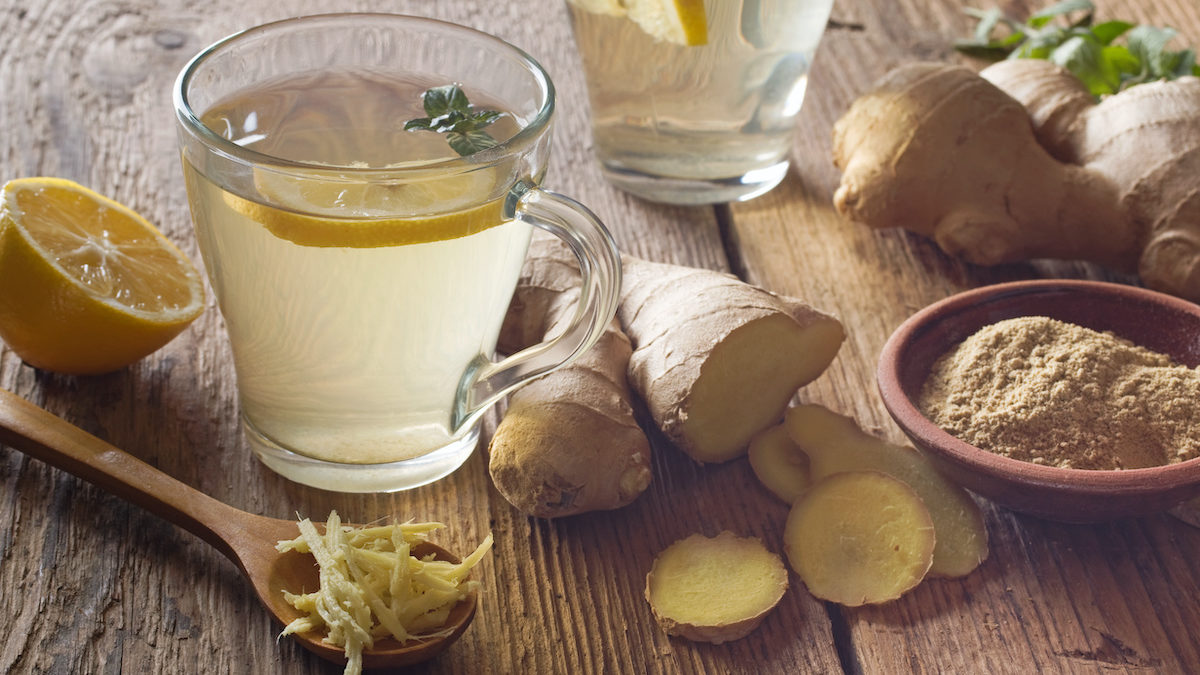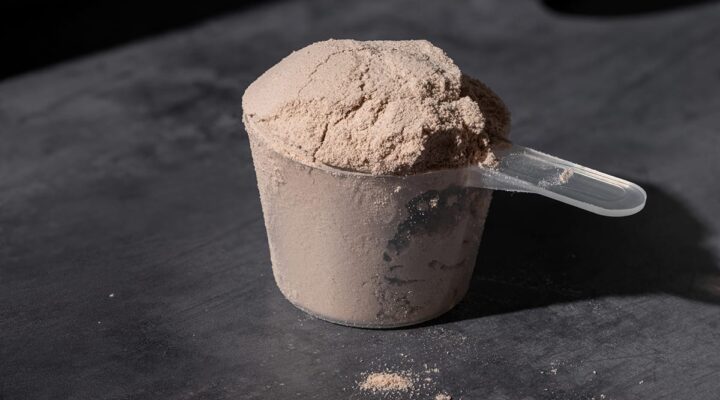How Your Gut Health Changes From Season to Season

As we hit September and start the run in to autumn and winter our diets and daily lives will inevitably change. The big jumpers start to reappear, warming soup becomes a near daily reoccurrence, and unfortunately, our immune systems can start to take a hit. Sure there’s still a little bit of summer left to eke out, but it pays to be prepared for what’s coming then, especially when it comes to one change that we might not think about in this transition period: that within our gut.
The health of our gut is important for a whole range of bodily functions, from promoting good skin and mental health to playing an important role in keeping our immune system ticking over. So anything to keep the bacterial balance in check is worth giving your due attention. We asked nutritional therapist and gut health specialist, Marilia Chamon, to break down the role the changing seasons have on our gut, and what we can do to help combat these changes.
Gut Bacteria Across The Seasons
Our gut bacteria undergo rhythmic changes by day and night, and a 2014 study from the University of Chicago showed that these changes also occur at a larger time scale, in sync with the seasons. In the study, they examined the variation in gut microbiome composition between winter and summer over the course of one year in 60 members of a founder population, the Hutterites, a communal people that live throughout the prairies of northwestern North America in small colonies.
Hutterite diets are similar across individuals and stable throughout the year, but as they live mainly on farms and produce all their own foods their diets do vary according to the seasonal availability of fresh produce
The results of the study showed that there were consistent and significant shifts in gut bacteria composition across the seasons which could be explained by the high consumption of foods rich in complex carbohydrates such as fruits and vegetables during the summer months.
Another study showed that the Hadza community, an indigenous tribe that lives in Tanzania East Africa, had lower levels of the enzymes needed to digest complex carbohydrates from plants following the changes in season, demonstrating that a healthy gut microbiome changes to match a person’s dietary habits based on what is available.

Food In Winter Vs. Food In Summer
Our commensal gut bacteria feed on a variety of fibres and colours that can be found in different foods all year round. These include fructooligosaccharides found in onions, leeks and garlic, and galacto-oligosaccharides found in beans and brassica vegetables.
Summer offers a wider range of polyphenol-rich fruits such as cherries, strawberries, and blueberries that we cannot find in winter when eating according to the seasons. However, those polyphenols can also be found in foods like red cabbage, carrots and apples which grow from November to February.
On the other hand, winter offers an abundance of root vegetables such as celeriac, potatoes, and swede that are rich in resistant starch when cooked and then cooled. The most important thing to keep in mind is that diversity is king and that each season will provide different but equally important foods for our gut microbes.
Can Cold Weather Affect Your Gut Health?
When we think about gut health, we need to consider the health of our entire digestive tract as well as the assimilation of nutrients and elimination of unwanted waste. Regular bowel movements are one of the most important aspects to consider when thinking about gut health; during winter months we tend to move less and drink less water, both can contribute to symptoms of bloating and constipation.
It is important to maintain a regular exercise routine and adequate water intake, aiming for two litres of water per day to help keep things moving. Drinking plain water can be a challenge to many but the good news is that herbal teas also contribute towards water intake with ginger tea being particularly good as it acts as a prokinetic that enhances gastrointestinal motility.

Seasonally Supporting Your Gut Microbes
We can also support our gut microbes throughout the seasons by eating seasonal foods, being outdoors and connecting with nature. Doing this exposes us to a wide range of bacteria and can help support the diversity of bacteria in our gut.
In addition, connecting with nature has been shown to reduce stress levels, which also has a positive effect on our digestion and gut microbiota. If you’re working from home then it’s important to make sure you’re making those daily walks in the park, even if the weather is less than inviting.


















